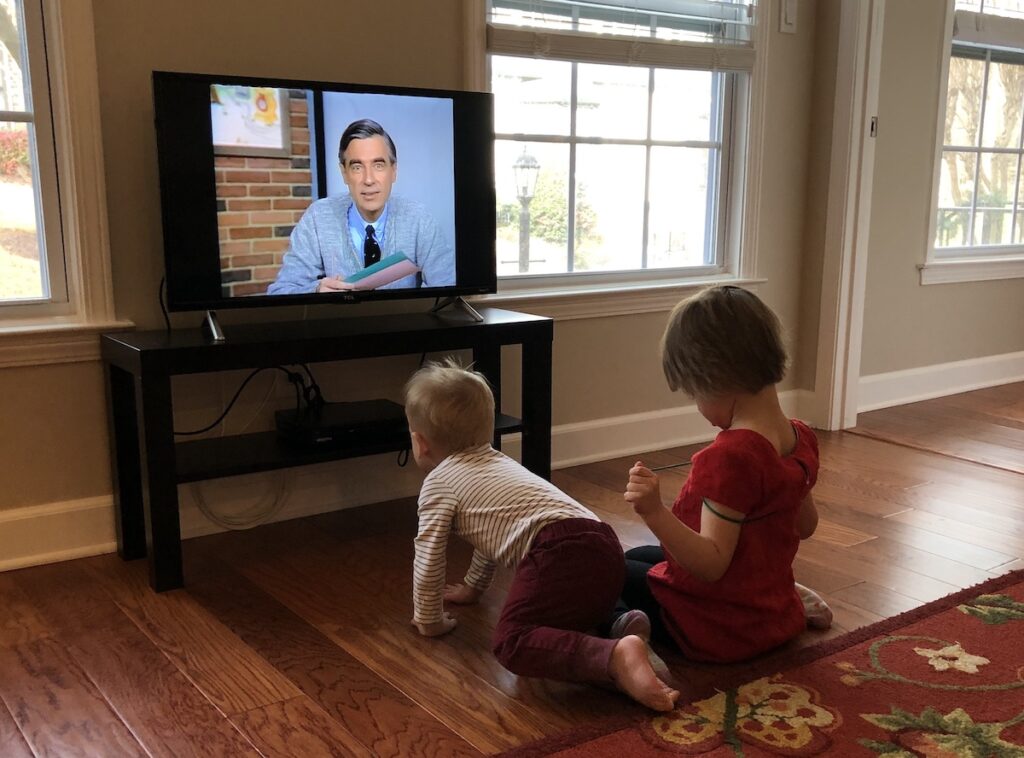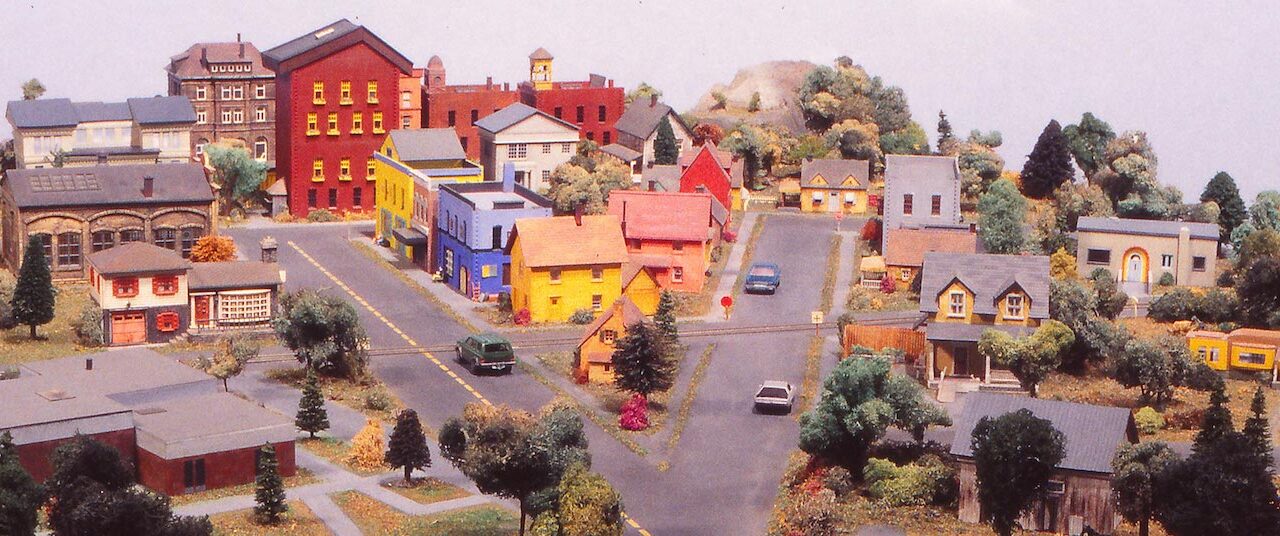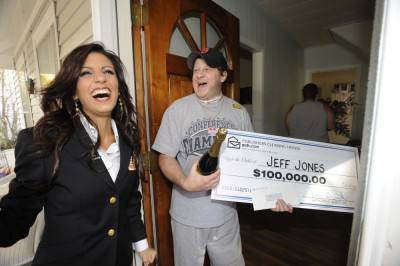
My children watching Mister Rogers.
I’ve written before about how Fred Rogers can teach us some deep lessons about the spiritual life—which to us Christians is life since God ought to touch every aspect of our lives. As I watched Mister Roger’s Neighborhood with my children the other day, Mr Rogers went into a grocery store to show his viewers how a the store worked. What struck me was how Mr Rogers knew each person who worked at the store by name. He knew the man stocking the shelves, the man who worked in the stock room, the woman at the checkout aisle. This was supposedly his neighbourhood grocery store. The episode was trying to convey a certain intimacy Fred Rogers had with the people in his community. These “essential workers” were not just faceless servants. They were part of a neighbourhood of people who were there to serve one another. How many of us remember the names and faces of those in our communities who serve us in one way or another? Our mail carrier, our supermarket workers, or even our literal neighbours who share a street or a corridor?

Knowing One Another
And each time Mr Rogers greeted one of these people at the store, he gestured to the camera and said to them, “I’d like you to know my television neighbour.” He didn’t say I’d like you to meet my neighbour. He said I’d like you to know my neighbour. I heard it as a nod to this intimacy Mr Rogers seems to have with his own television neighbourhood. No one is “just a stranger”. In the Hebrew Bible a word often used for knowing God is yada’ which is more than an intellectual knowing; it includes relationship. Similarly in the New Testament we find the Greek word γινώσκω (ginṓskō), which means to know through feeling and perceiving, not through intelligence.
Mr Rogers knew that we can love God by loving neighbour. And this was implicit throughout his entire series.
We used to rely on “the village” for more than we do now: to help raise our children, to help us move furniture, to lend a tool, to celebrate. In his latest book, Let Us Dream, Pope Francis writes:
Now, more than ever, what is revealed is the fallacy of making individualism the organising principle of society. What will be our new principle?
Belonging to One Another
This isolated individuality has created tribalism, which is really a form of individuality at its extreme. The local neighbourhood ought to be a training ground for the larger and more diverse global neighbourhood. The events of 6 January (and the last few years) have shown how we have forgotten how to be neighbour. We have forgotten how to be human – which is just what Jesus was teaching us to be! To be human means aligning our lives to the story of the Good Samaritan who accepts the “inconvenience” of showing basic human dignity to a stranger, one thought of as less-than-human to his own people. As Mother Teresa said, “If we have no peace, it is because we have forgotten that we belong to each other – that man, that woman, that child is my brother or my sister.” Can we see brother or sister in the other, or better yet, the human? Can we see that all of us are humans who are hurting in some way, who need love and redemption? We belong to each other.
This past year Pope Francis’ theme has been fraternity. In his encyclical Fratelli Tutti, he speaks about not just fraternity but about authentic friendship, a friendship that expands our hearts toward others. “Closed groups and self-absorbed [people] that define themselves in opposition to others tend to be expressions of selfishness and mere self-preservation.” These days we care more about property rights than we do human rights. Our instincts are to put up walls and fences to protect our slice of isolation.
 The Neighbourhood of God
The Neighbourhood of God
Mr Rogers saw through the foolishness of segregation and race and class and self-isolation and imagined a neighbourhood that in some ways represented the kingdom of God, where your occupation, skin colour, religion, age, or gender did not define you. That diversity was embraced, but your humanness—your belovedness—was what made you you. Mr Rogers’ neighbourliness was founded on listening, compassion, and gentleness. He saw the human in each person by the simple act of seeking to know the other. “If everyone could see the image of God in his neighbour, do you think we would still need tanks and generals?” Mother Teresa wrote.
If you study the Bible you’ll discover the recurring theme that humans continue to put too much stock in human kingdoms, which are always bound to fail. You see it human politics and nations around the planet. No government or country has reached perfection. We instead find ourselves in cycles of satisfaction and dissatisfaction, and division, because we struggle at being neighbours, at trusting in a God who transcends human institutions and systems. This is what it means that Christians are politically homeless. We need to grapple with and even embrace this tension. Our identity finds its source and purpose in something deeper. This is in fact the opposite of indifference and not caring! We must always fight for justice and human dignity because when we allow people their innate human dignity, we step closer to the kingdom of God. When Catholics speak about the preferential option for the poor we mean befriending the poor. And the poor is anyone who is lacking in any way – that’s all of us! In sum, we must befriend one another. We must be neighbours!
The pope writes in his book, “We need a movement of people who know we need each other, who have a sense of responsibility to others and to the world.” This is what builds the kingdom of God. It’s something Mr Rogers begins to build through his own way of living in his neighbourhood.
Related Posts:
Listen to the podcast version of this post…









Thank you for this reflection, Andy! The wisdom of Mister Rogers is indeed deep and wonderful. He does indeed invite us to the deeper level of really being a neighbor by knowing our neighbor. It can be a real challenge indeed but it is on we must embrace if we are to be a global community bound by mutual respect, understanding, and love. So often in my ministry the difference is found when I really walk with and get to know people in the community as well as in the church. You know my name… more than that, you know me! What a blessing, challenge, and honor to have that be our life’s calling and mission.